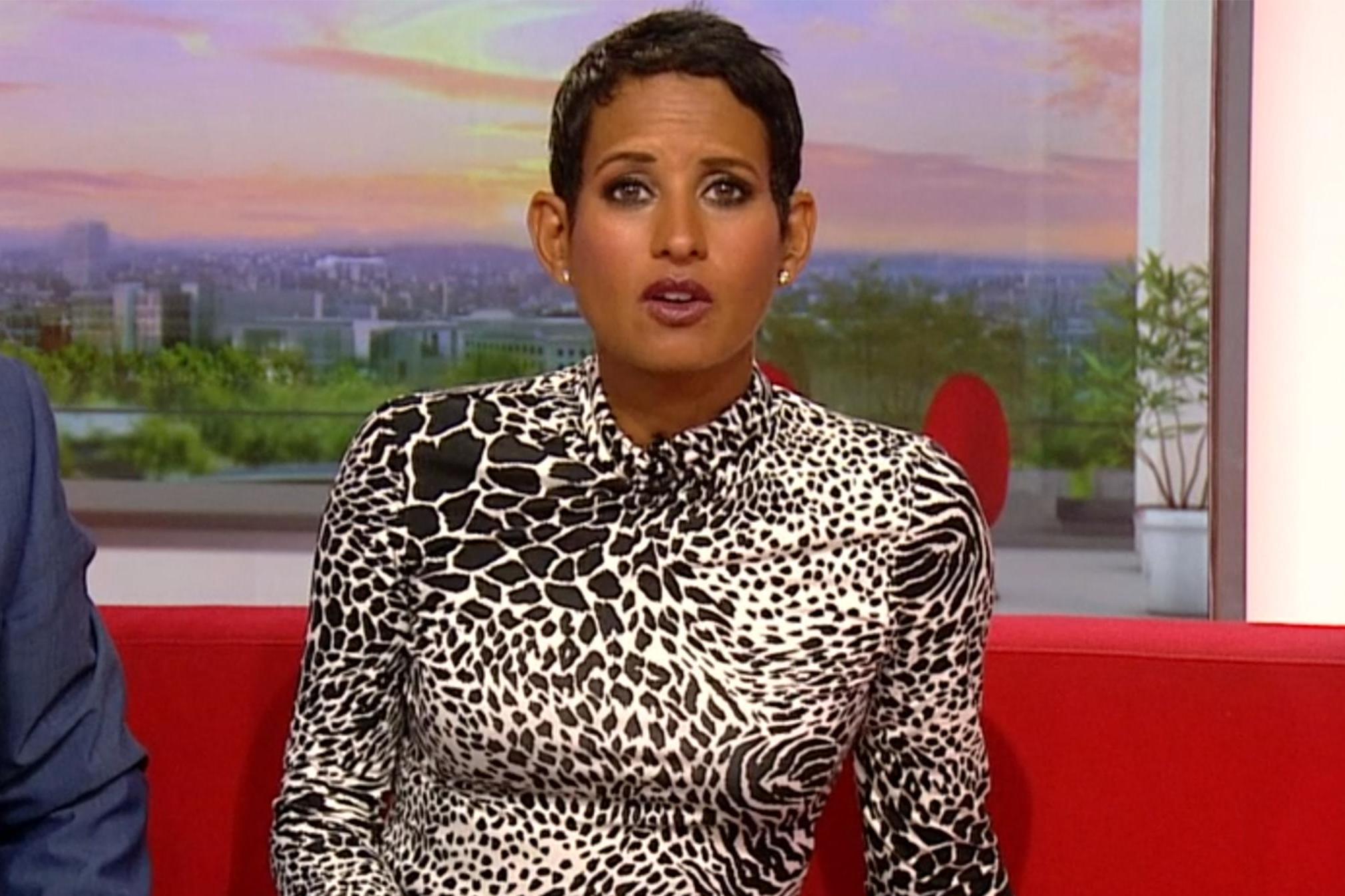Men who complain about the number of women on TV should get over it
Women make up 51 per cent of the population – the broadcast media needs to reflect that


Listen carefully, and you might be able to hear the tiniest of violins. The plangent tones emanate from this week’s Spectator where author James Innes-Smith has written a piece bemoaning the fact that “in a concerted effort to redress gender imbalance men are gradually being airbrushed out” by the BBC.
I’m shocked, shocked to find that 49 per cent of the British population has, to quote Innes-Smith again, “become something of a rarity”.
But let me tell you what’s really going on before we throw the poor author a lifebuoy as he drowns in a sea of oestrogen: the Spectator piece articulated fears that BBC Three would be almost exclusively female-led – the horror! – “while Radio 4 has turned into one long episode of Woman’s Hour”.
In fact, the latest authoritative research from broadcasting watchdog Ofcom, Diversity and equal opportunities in television and radio 2019/20, shows that after decades in which women have been all but airbrushed out of the broadcast media, now we’re simply getting a decent look-in. Which, given we account for 51 per cent of the population, seems fair enough – and certainly no cause for alarm.
Ofcom reported that, across the broadcasting industry, women make up 47 per cent of employees, bang in line with the proportion of women in the UK working age population. However, we “remain underrepresented at senior levels”. So if there’s any justice in the world, I’m afraid Innes-Smith may have to brace himself for a bit more female leadership in the years to come.
Similarly, while 15 per cent of UK-based TV employees are now drawn from minority ethnic groups – above the UK workforce benchmark of 12 per cent – they’re still a rarity in the top jobs.
Those are the headline figures. But there are worrying signs that in my business during the pandemic, it’s women, not men, who are becoming less visible. Indeed, the number of male experts appearing on Britain’s flagship news programmes reached a three-year high in March last year, with 2.7 men to every female expert, according to data gathered by the Expert Women Project, a brilliant initiative founded by City, University of London’s Professor Emeritus of Journalism Lis Howell.
I know from bitter experience that there are days when, despite strenuous efforts, the majority of interview guests on Channel 4 News are male. This is partly because the people making the decisions in the world – and therefore those we need to hold to account – are by and large men.
Of the 22 people Boris Johnson appointed to the cabinet, only five are women, and one of them is unpaid.
Admittedly, beyond politics, many Covid heroes have been women, such as scientists Dame Sarah Gilbert and Catherine Green. And professors like Linda Bauld and Devi Sridhar have been media stars of the pandemic.
But Innes-Smith needn’t fear: a female takeover of the airwaves remains the stuff of science fiction. In fact, women often airbrush themselves out of the picture. For years, guest-bookers bemoan the reticence of female leaders and experts to “risk” a live TV appearance, while men accept the invitation with alacrity.
Women need to “lean in”, of course, to use Sheryl Sandberg’s famous phrase. But I understand why some don’t, fearing that the odd slip or stumble will see them ridiculed or worse on social media. Men run that gauntlet too, but women, and particularly those from an ethnic minority, are more heavily targeted online.
Nevertheless, Ofcom’s report is heartening on the broadcasting industry’s employment of women and people from ethnic minorities. Where there is clearly much more work to be done is on the number of disabled people broadcasters hire, and the socio-economic diversity of their employees. Staff in the sector are nearly twice as likely to have attended private school as the general working age population, for example.
Innes-Smith’s piece was headlined: “Is it any wonder that men are put off by the BBC?” I wonder if he spares a thought for a black, working-class woman. For them, the world of TV and radio really could be considered off putting.
But a change is gonna come. And, as England’s manager Gareth Southgate put it in his letter to fans – before the appalling racist abuse of his players – “we are heading for a much more tolerant and understanding society”. The broadcasters are starting to better reflect that society. They shouldn’t stop now.
Cathy Newman presents Channel 4 News, weekdays, at 7pm
Join our commenting forum
Join thought-provoking conversations, follow other Independent readers and see their replies
Comments
Bookmark popover
Removed from bookmarks